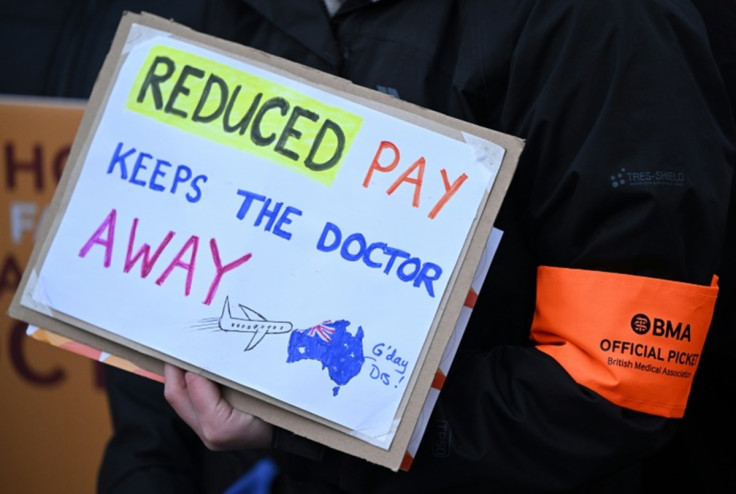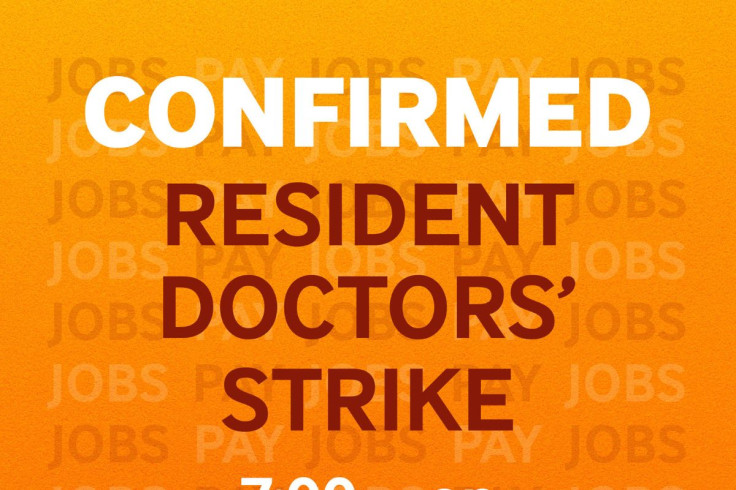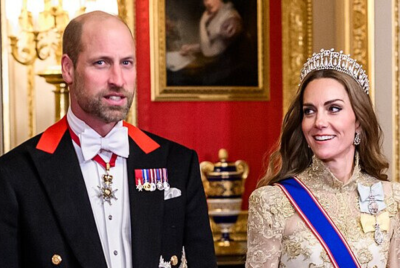Resident Doctors Strikes Set for 14-19 November — What the NHS Isn't Talking About
The BMA says doctors face job insecurity and wasted skills as waiting lists hit record highs

Thousands of junior doctors in England will stage a five-day strike from 14 to 19 November in the latest phase of a long-running dispute over pay, career progression and staffing levels. The British Medical Association (BMA) says the action is a necessary response to what it calls 'the scandal of doctors going unemployed'. NHS leaders warn that it comes at a time when winter pressures are already stretching the health service's resilience.
Behind the headlines of cancelled consultations and delayed treatments lies a deeper issue of morale, training opportunities and the long-term sustainability of Britain's medical workforce. The dispute has renewed concerns about how the NHS supports and retains early-career doctors amid mounting workforce shortages.
As both sides prepare for another round of industrial action, hospitals are bracing for disruption as staffing shortages and rising demand intensify. With the system under strain from record waiting lists, the strike will test the NHS at a critical moment for patients and staff alike.
Why Junior Doctors Say They Have 'No Option'

The BMA's junior doctors committee announced the strike after rejecting recent government proposals it says fail to offer a credible plan on pay and job security. The union is seeking a package to restore real terms earnings lost since 2008 and to expand training opportunities.
Dr Jack Fletcher, the committee chair, said that 'half of second-year doctors in England are struggling to find jobs, their skills going to waste while millions of patients wait endlessly for treatment'. Health Secretary Wes Streeting has described the action as 'preposterous', arguing that junior doctors have already received a 28.9 per cent rise over the past three years, according to The Independent.
Junior doctors make up about half of all NHS medics, and their absence adds pressure on already stretched hospitals. Their role in frontline care and training means any prolonged shortage directly affects patient services, according to Reuters.
As a patient, I support the BMA Resident Doctor's strike. The Residents who have treated me at UCLH were always kind and caring. They would not be striking needlessly.
— Gary Comenas (@GaryComenas) October 24, 2025
This news dropped just as NHS England Chief Exec was giving an all-staff briefing to around 12,000 colleagues
— A Routine Search (@aRoutineSearch) October 23, 2025
Was the timing deliberate? Cos it clearly popped up on his phone and made him pause mid-speech
Huge respect to BMA members fighting for funding and pay restoration ✊
Residents have had a 28.9% payrise since 2022 whilst nurses received less than half of this?
— 𝕂𝕖𝕧 (@kev13miller) October 23, 2025
Most people have salary erosion, get real.
— AJ (@Ajouk) October 23, 2025
Perhaps you should be given this rise coupled with Public Sector Pension reform. Close all defined benefit pensions with high employer contributions and open a new defined contribution scheme with an expected retirement date of 68
Winter Pressures and Waiting Lists
Public discussion has centred on pay and training, but less attention has been given to how the strike will affect a system already struggling with capacity. A backlog of 7.4 million patients and rising demand from winter viruses continue to stretch the NHS, according to The Guardian. Hospital leaders warn that the stoppage comes at a critical point as bed occupancy and staff shortages worsen.
Only emergency and critical care are classified as protected services during the strike. Routine diagnostics, outpatient appointments and elective surgery are expected to experience major delays. Even a single cancelled appointment can lead to weeks of additional waiting, particularly in gynaecology, endoscopy and cardiology.
Trusts also face the financial burden of maintaining cover. Some have offered higher locum rates to fill gaps, prompting NHS England to remind hospitals that such arrangements should not become profit-making opportunities, according to the Financial Times.
The Future of the NHS
The BMA warns that a lack of job assurance in specialty training is pushing newly qualified doctors abroad or into alternative careers, weakening the long-term pipeline that sustains the NHS workforce. Morale among junior doctors has fallen sharply, with many saying years of pay restraint and uncertain progression have eroded their motivation to stay.
The five-day strike is more than a pay dispute. It will test how the NHS manages workforce shortages, growing waiting lists and the challenge of retaining young doctors. As negotiations continue, both sides face mounting pressure to reach a settlement that stabilises the system and protects patient care.
© Copyright IBTimes 2025. All rights reserved.



















